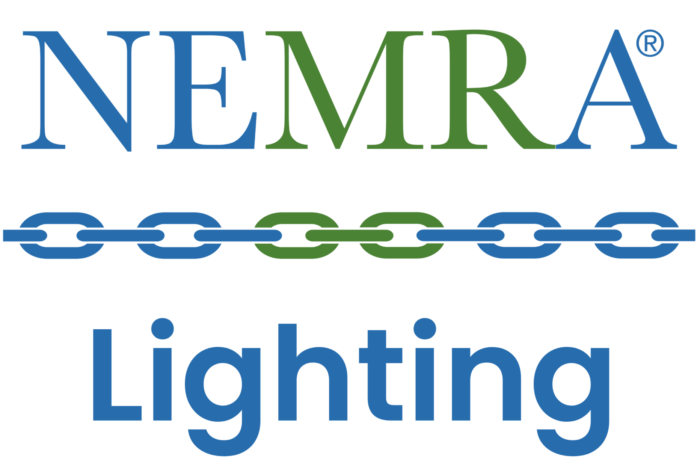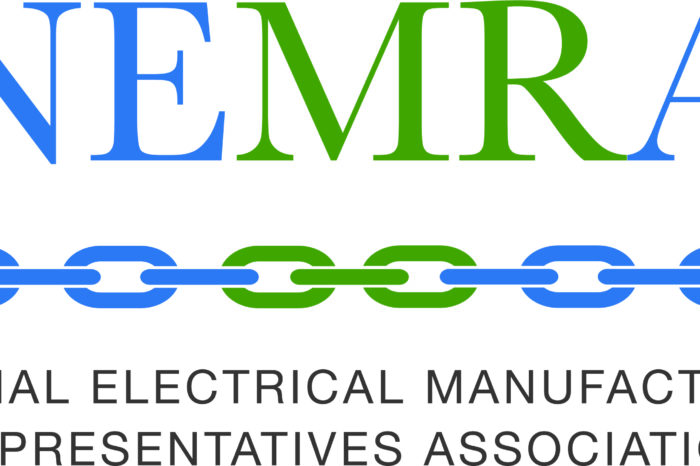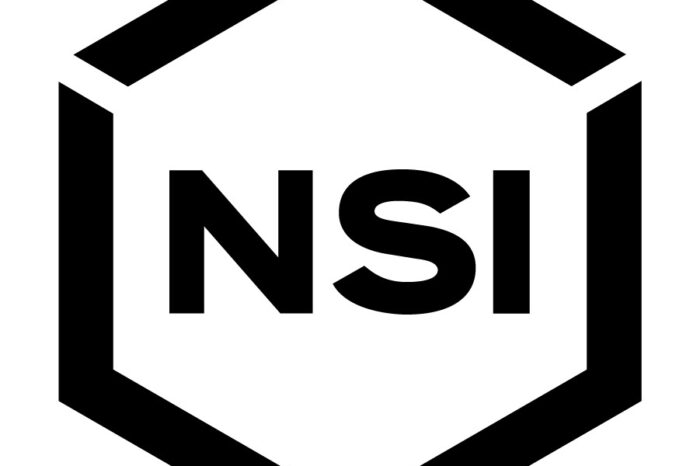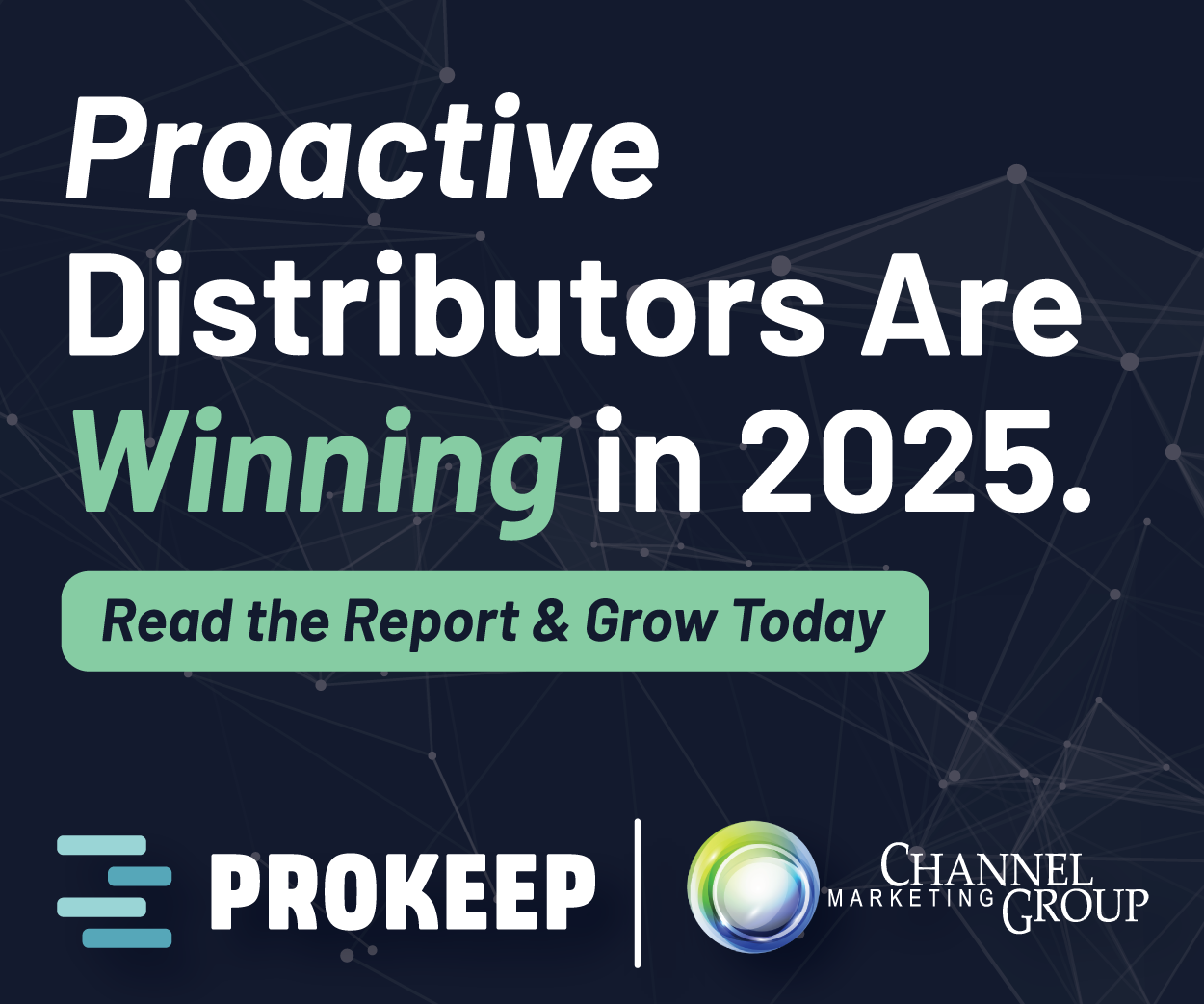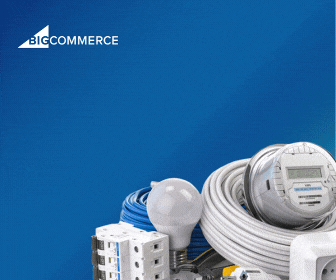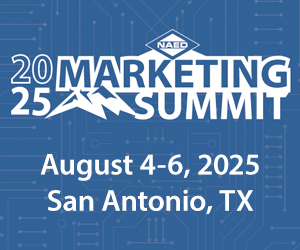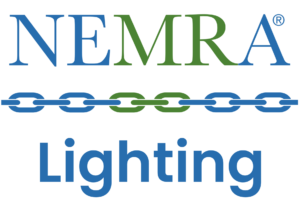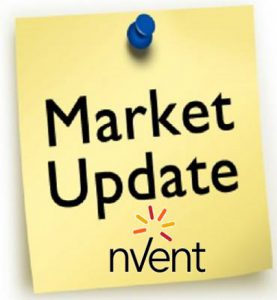NEMRA Power Pact to Drive Exponential Growth
 Last week we shared insights from the NEMRA Annual Meeting and mentioned NEMRA’s new initiative / platform called Power Pact which is conceived, based upon research, to take manufacturer / rep relations to partnerships with a goal of developing a tool-set (a roadmap) to help facilitate this. And it should be noted that some reps and some manufacturers already have very good relationships…this is about taking it to the next level as well as helping more companies benefit from more powerful relationships. The goal is growth for both parties.
Last week we shared insights from the NEMRA Annual Meeting and mentioned NEMRA’s new initiative / platform called Power Pact which is conceived, based upon research, to take manufacturer / rep relations to partnerships with a goal of developing a tool-set (a roadmap) to help facilitate this. And it should be noted that some reps and some manufacturers already have very good relationships…this is about taking it to the next level as well as helping more companies benefit from more powerful relationships. The goal is growth for both parties.
Ken Hooper’s presentation was well received (as was Bill Cheetham’s comment during the panel session that manufacturer / rep agreements should be 1 year agreements … not 30 days) but, unfortunately, some missed it and have inquired about what they missed.
So, we asked Ken if we could publish his presentation:
With the winds of change buffeting our industry from every side, a storm has arrived for Reps and Manufacturers.
The speed of change is accelerating at an unprecedented pace. Globalization is impacting our margins. The competition is changing with the emergence of alternate channels that stand apart from the Rep-Manufacturer relationship. Digital sales tools are changing the way we work, who we hire, the way customers buy, and the way we create value for our customers. Our workforce is experiencing a generational evolution that requires a fresh approach to who we hire and how these new professionals are managed. The rate of consolidation is accelerating threatening certain geographical markets and smaller-size Rep firms the most. “Demand creation” must become a greater focus of us all if we are to persist. And, the compensation models that bind us together have not kept pace with the new realities of the changing marketplace.
Please, make no mistake. These winds of change are real, dangerous and shake the very foundation of our outsourced sales model.
The electrical manufacturing world may be changing faster than ever. The challenges may be more demanding than ever before.
But, I believe everyone in this room shares the deep-seated belief that the Rep-focused sales model is the best model for our industry. When done correctly, managed correctly and, led correctly this relationship can achieve so very much more.
I stand here today to say there is a response to our industry’s challenges. I am here to say we must build something new. I am here to lay the foundation for something transformative. I am here to say we have a real opportunity to not just weather these winds of change but thrive. And, it starts with the person sitting right next to you. It’s time to come to a new understanding. To reach an agreement that brings more to our business more control, more impact and, most importantly, more sales and profits.
I am proud to announce the launch of the NEMRA POWER PACT – a new way of thinking about the way we work together. The NEMRA POWER PACT is a change in the way we think about the Rep-Manufacturer relationship. The NEMRA POWER PACT is a commitment that Reps and Manufacturers must work hand in hand. And, going forward, the NEMRA POWER PACT will frame everything we do, together.
By adopting the tenants of the NEMRA POWER PACT Reps and Manufacturers will have a true partner, bringing a new energy and power to the relationship. A partnership that will lead to a better understanding of the customers’ realities, wants and needs—today and tomorrow. A partnership that will meet and exceed customer expectations. A partnership that will change the conversation, our collective position and power—from commodity to necessity—from vendor to partner.
Through the NEMRA POWER PACT Reps and Manufacturers can share a common focus: reaching customers with better products, solutions and services and a common goal: Exponential Growth.
Before I talk about the NEMRA POWER PACT, it is important to recognize how we got to this realization.
In 2010 we published our first study addressing the Rep of the Future. With this study, and the 2015 update of the study, we emphasized five key areas Reps needed to work on to build better businesses. The findings of the reports included:
- The need for strategic and succession plans.
- The need to accelerate and improve the use of technology.
- The need to develop the human talent within a Rep’s organization through educational and professional development.
- The need to become adept at marketing within the firm and building a brand image in the marketplace.
- The need to establish a sales process and sales force direction that focuses on creating end market demand for the products and companies we represent.
- Without exception, NEMRA has built tools to help Reps fulfill these needs and become more attractive sales teams for Manufacturers. But, these impactful tools focused on just on just one part of the equation – the Reps. You know these tools well. They include resources like the NEMRA Financial Operating Report, the NEMRA NETWORK CRM platform, the Wharton Executive Development program and RepFiles for NEMRA.
Today, we shift our focus to something new.
With the NEMRA POWER PACT, we turn our attention to an overlooked aspect of the equation… the Rep-Manufacturer relationship. This discussion deserves our immediate attention because we can do better, we must do better and, through the NEMRA POWER PACT, we will do great things.
Last year, NEMRA commissioned The Alexander Group—an industry leader in revenue generation management consulting—to study and provide actionable insights to improve the coordination and effectiveness in the Rep-Manufacturer relationship.
The Alexander Group surveyed Reps and Manufacturers on specific attributes important to their unique relationships. While there was general agreement in many key areas, unanimity was not found in all instances.
Today, I will focus on three key areas. Areas where the two ends of our industry do not see eye-to-eye. Areas that demonstrate serious underlying issues. Areas that must be addressed if we are to move forward in the 21st century, together.
The first key area “Sales Support” or, as The Alexander Group calls it “Sales Enablement”
When the Alexander Group asked the research participants to rank the importance of Reps’ access to ‘Manufacturer support programs and resources’, the data showed a significant difference between Reps and Manufacturers. Reps ranked this as their number one most important issue. Manufacturers ranked it as the third most important issue to them. Number one, most important. Third most important.
This difference in perspective is significant and hinders our collective efforts because underinvestment in sales support functions simply transfers the necessary transaction and administrative work to sellers. And, this takes away time better spent with customers.
To put a finer point on the importance of working together to achieve effective “Sales Enablement”:
McKinsey and Company has found that companies with world class sales enablement functions can realize one time improvements of twenty-to-thirty-percent in sales productivity with sustaining annual increases as high as five-to-ten-percent. Their research also shows that companies that invest one resource in sales support for every front-line sales resource drive significant higher sales productivity when compared to companies that invest less.
The best performing Reps and Manufacturers understand the importance of working together on “Sales Enablement,” with one of the study’s Rep participants stating: “Preferred Manufacturers typically have executive support for investing in electronic technical resources that make both of us more efficient.” Likewise, a Manufacturer study participant remarked: “The best thing that we do is try to support Reps, and recognize what they are up against.”
We need to listen to these keen voices. But, to move forward in the 21st century we need to all answer tough questions.
Questions like: Do we, Manufacturers and Reps, collectively share sales enablement functions, that are completely focused and committed to providing our customers with the speed and quality of service needed to satisfy them?
The NEMRA POWER PACT is designed specifically to address this question collaboratively. Reps should continue to upgrade and improve their inside sales and customer support operations, with people and process improvements. Reps must spend time analyzing the customer experience with all the touch points their distributors and end customers experience in their firms.
Likewise, Manufacturers should similarly analyze the level of support they are providing to their front line, customer-facing sellers. Manufacturers should map the processes between their company and their Reps and commit to sales enablement by making it easier for the customer and Reps to do business with them.
If we, as Manufacturers and Reps can only do one thing to improve “Sales Enablement,” we must set a goal. Our goal should be to increase the ease and speed with which we do business together to make our customers a top priority.Through the NEMRA POWER PACT, Reps and Manufacturers can share a common focus: reaching customers with better products, solutions and services and a common goal: Exponential Growth.
The second key area difference relates to “Contracts and Compensation”
When the Alexander Group asked the research participants to rank the importance of ‘Performance-based compensation and incentives’ the data, again, showed a significant difference between Reps and Manufacturers.
And by ‘Performance-based compensation and incentives’, we mean an openness to increased incentives for complex or high margin sales and the establishment of greater incentives for growth.
Reps ranked this as their second most important issue. Manufacturers ranked it as the fifth most important issue. Number two. And, number five.
This difference in perspective cuts to the core of the agreements that bind our relationships with one another. And, such a difference means that our relationships are not working as they should. As they must. The Alexander Group observed: “Our current practices are not always well aligned with our mutual goal and objectives. That we haven’t devoted enough time to this important element of the relationship. They concluded that while responsibilities and expectations have changed significantly, in most cases, we are applying ‘old legacy’ thinking when we should be employing new thinking about how to strengthen the Rep-Manufacturer relationship.”
Fortunately, many Reps and Manufacturers understand the need to change our outdated models. One Rep participant in the study acutely summarized the problem, stating: “We are working off compensation models that are decades old.” A Manufacturer participant added: “We need to be more honest with ourselves to pay for the right work done. We’re overpaying for some of the legacy products, and underpaying on new products.”
To move forward in the 21st century we must encourage a closer alignment, with better performance measurements to our relationship. The NEMRA POWER PACT is designed specifically to address this issue collaboratively. Performance based compensation can be a positive factor in driving sales growth but it comes with the caveat that an audit quality commission reporting with accurate POS and sales reporting system is in place and trusted by both parties.
Through the NEMRA POWER PACT, Reps and Manufacturers can share a common focus: reaching customers with better products, solutions and services and a common goal: Exponential Growth.
The third, and final key area, is “C-Suite engagement
Or, more plainly put, the commitment of a Manufacturer’s executive leadership to the outsourced sales model.
When the Alexander Group asked the research participants to rank the importance of a Manufacturer’s executive-level commitment to, and engagement with, the Rep model, the data once again showed a significant difference between Reps and Manufacturers. Reps ranked this as the third most important issue. Manufacturers ranked it as the sixth most important issue to them. Number three, most important. And, number six.
This difference in perspective is endemic, strikes to the core of our relationships and undermines our collaborative success.
As one Manufacturer participant remarked: “Our sales team is very engaged with the agencies, but the next level up rarely gets involved.” A Rep participant added: “The larger the corporate structure the more top management is removed. They have a different agenda. They have removed themselves from what’s important to distribution and end users.”
This is both regrettable and detrimental as the numbers definitely show how important “C-Suite engagement” is to our success.
The Alexander Group observed Manufacturers with higher levels of executive involvement with the Rep channel experience growth almost 50% greater than those with lower executive involvement. Nine-percent vs. six-point-four-percent average growth over the past three years. And, this is not surprising as seventy-four-percent of the firms with high level executive involvement have a culture oriented towards sales growth and technical innovation versus a finance and cost driven, operational excellence strategy.
Simplistically, it boils down to two approaches. One approach views the outsourced sales function as a business cost to controlled with an arm’s length relationship. And, these organizations suffer from lower growth. The alternative approach views the outsourced sales function as an asset to be supported with an inclusionary culture that values and respects the seller’s role. And, these organizations enjoy greater levels of growth.
The NEMRA POWER PACT is designed specifically to align these relationships and deliver on the promise of greater growth. To move forward in the 21st century we need, we must, address this disparity.
Through the NEMRA POWER PACT, Reps and Manufacturers can share a common focus: reaching customers with better products, solutions and services and a common goal: Exponential Growth.
As I said at the beginning, the winds of change are buffeting our industry from every side, a storm has arrived for Reps and Manufacturers.
Please, make no mistake. These winds of change are real, dangerous and shake the very foundation of the independent rep sales model.
But I firmly believe, and the numbers support it, that the future lies with Reps and Manufacturers viewing their relationship as a strategic asset for both parties. This belief is paired with the corresponding view that our distributor and end customers are a critical component to our success and willingness to compete on that basis. The ultimate success of our mutual Rep—Manufacturer relationship will be built on customer value, not shareholder value, and we will thrive under this model.
To weather the winds of change and thrive, NEMRA commits itself to the POWER PACT. The NEMRA POWER PACT is a formattable and transformative program that will change our industry and promises to overcome the disparities I covered in this presentation.
In the coming months, we will roll out tools, programs and resources that help bind Reps and Manufactures together to build the relationships that best serve our customers and deliver growth.
We will start by introducing a new Rep-Manufacturer Alignment Tool designed by the Alexander Group and move on to new and exciting offerings that will position us all for success in the 21st century. And next year at this Annual Conference, we will take the time to recognize those reps and manufacturers who have embraced the POWER PACT concept and are forging more powerful partnerships.
But as I conclude my remarks, I want to make a few things very clear:
- The electrical manufacturing world is changing faster than ever.
- It’s time to amp up the way we think about customers.
- To better understand their realities, wants and needs—today and tomorrow.
- To meet and exceed their expectations and become a more valuable and valued resource.
- This will change the conversation, our collective position and power—from commodity to necessity—and vendor to partner.
Together we share a common focus: reaching customers with better products, solutions and services and a common goal: Exponential Growth.
Thank You.
While it is early in the process and research hasn’t been widely shared yet, this could represent an opportunity for manufacturers to more fully embrace their sales agents (really their sales organization) to make them more effective for the manufacturer. With the goal of “exponential growth” the reality is that not all will embrace and hence benefit. Those who learn more, explore and potentially embrace could benefit from first mover status.
Manufacturers should reach out to Ken at the South Central or via phone to learn more and consider how they can commit themselves to a stronger pact with their reps.



